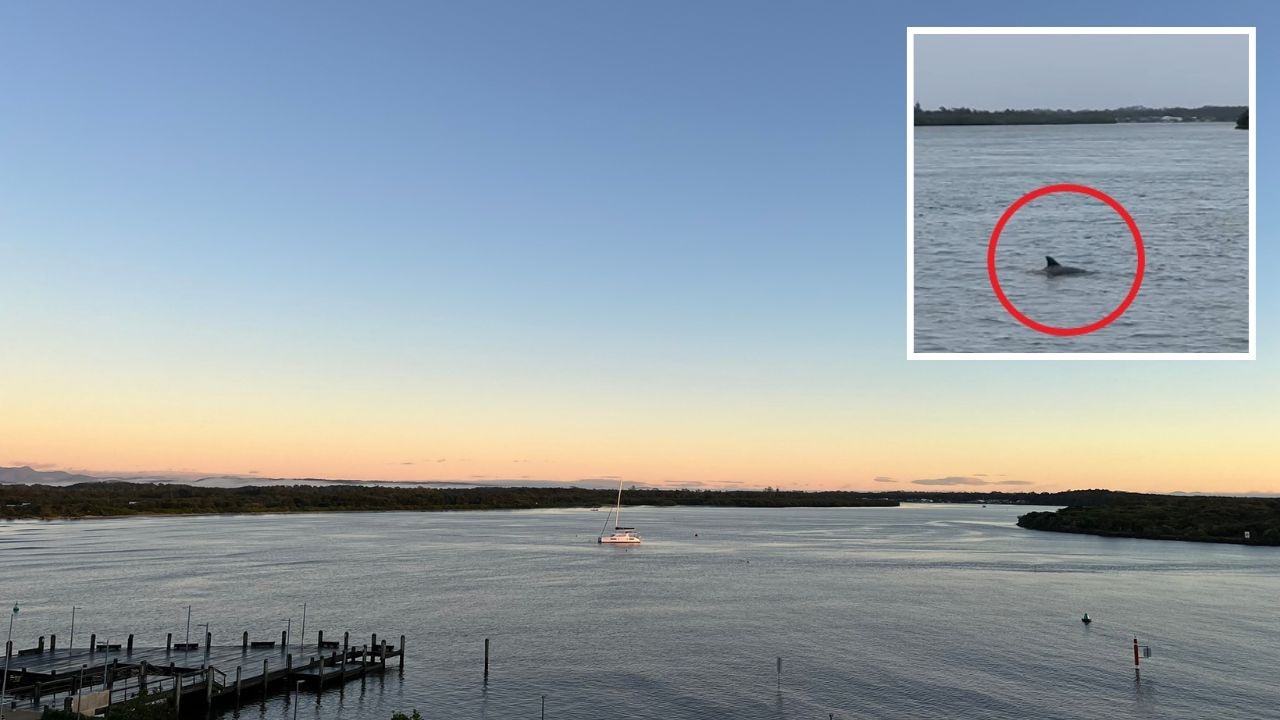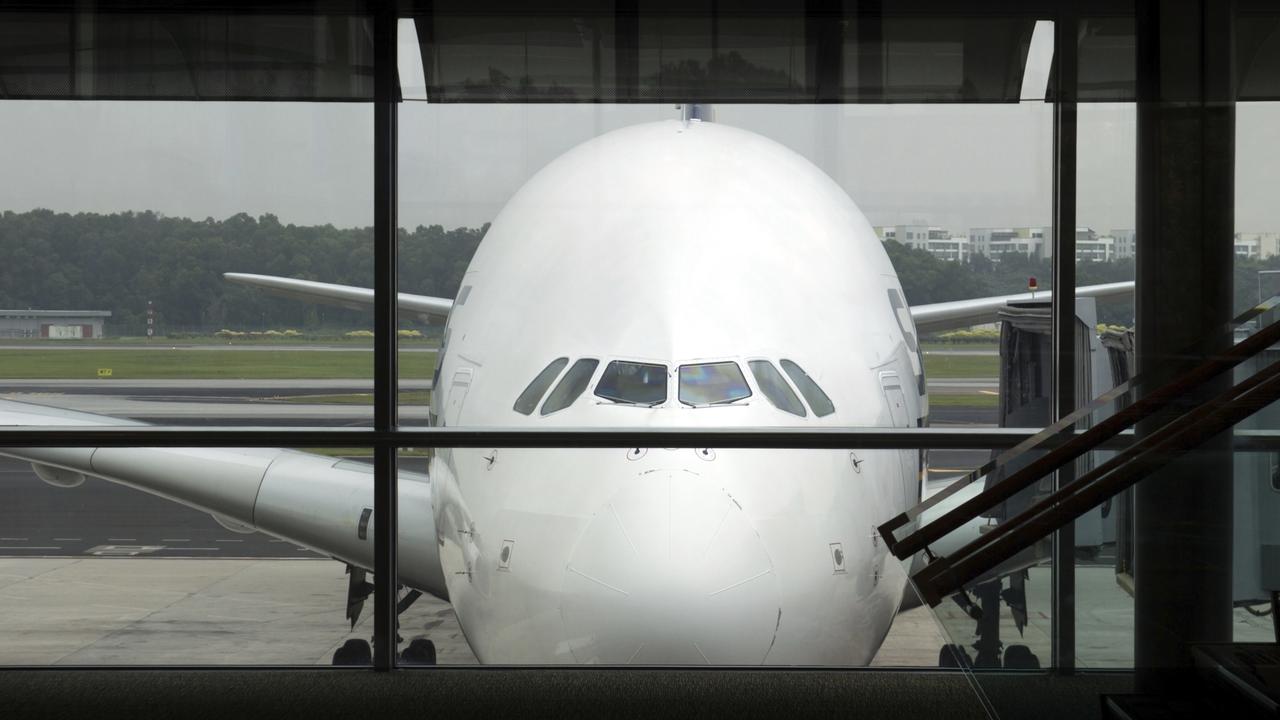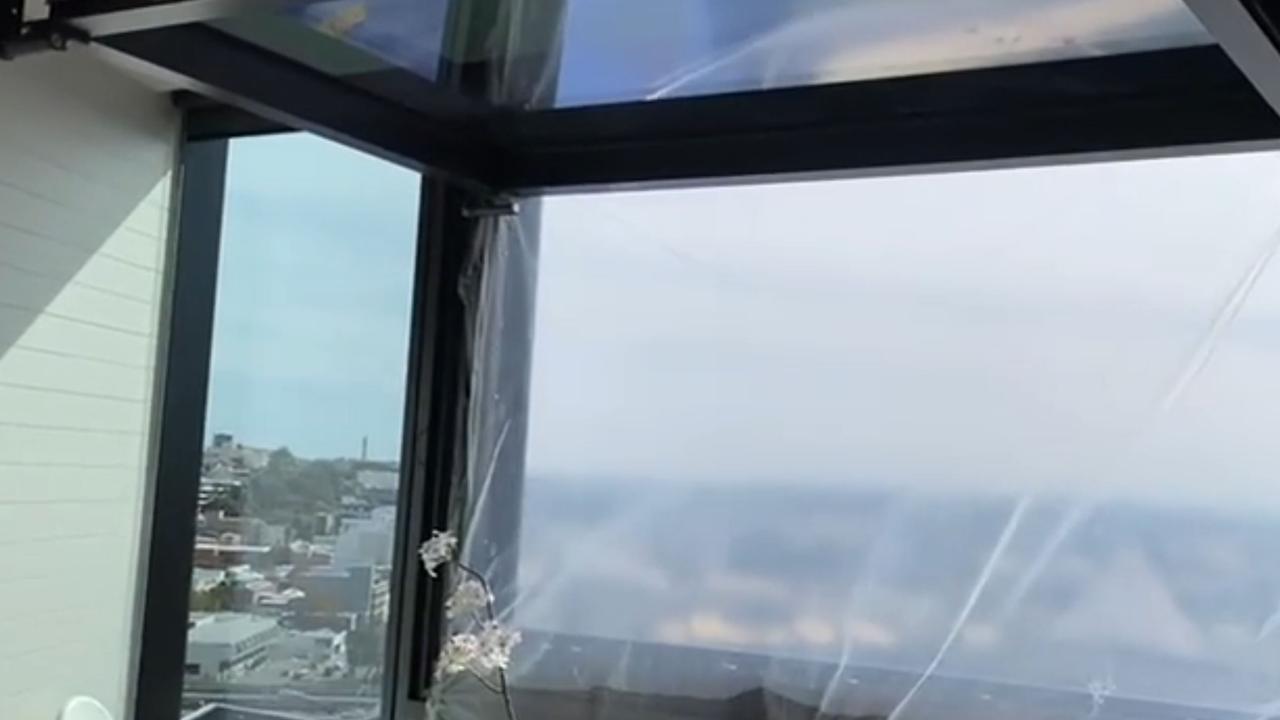Coronavirus: Rich people book remote, luxury holidays to escape COVID-19
Countless Aussies are now holed up at home as the coronavirus rages on – but the world’s elites are waiting out the pandemic in lavish style.

The unprecedented coronavirus crisis has battered the wider travel industry – but one area at least is booming.
As the pandemic escalates, Australian and global elites are choosing to self-isolate in style – and it has been a huge win for Australian luxury “home hotel” service Luxico.
According to co-founder and CEO Alexandra Ormerod, foreign travellers had been spending upwards of $200,000 to self-isolate in remote Australian properties – complete with their own helipad to fly in and out of – for the outbreak’s duration.
RELATED: PM: ‘Australian business to hibernate’
RELATED: Returning Aussies to be quarantined in hotels
She told news.com.au that amid the economic carnage caused by the virus, some sectors were thriving.
“We noticed when things really hit a couple of weeks ago (before borders closed), we started getting calls from international travel agents and clients directly – some who were pretty well known and well established businesspeople with celebrity status – from the US in particular who wanted to fly in on private jets and were looking for properties in regional areas, but which still had reasonable access to major cities via helicopter,” she said.
Ms Ormerod said some were isolating because they had family members in the high-risk category while others were simply after a “safe haven” to wait out the pandemic.
She said she had also received many similar inquiries from wealthy Australians who wanted to escape the cities either during the Easter break or for longer periods of time.
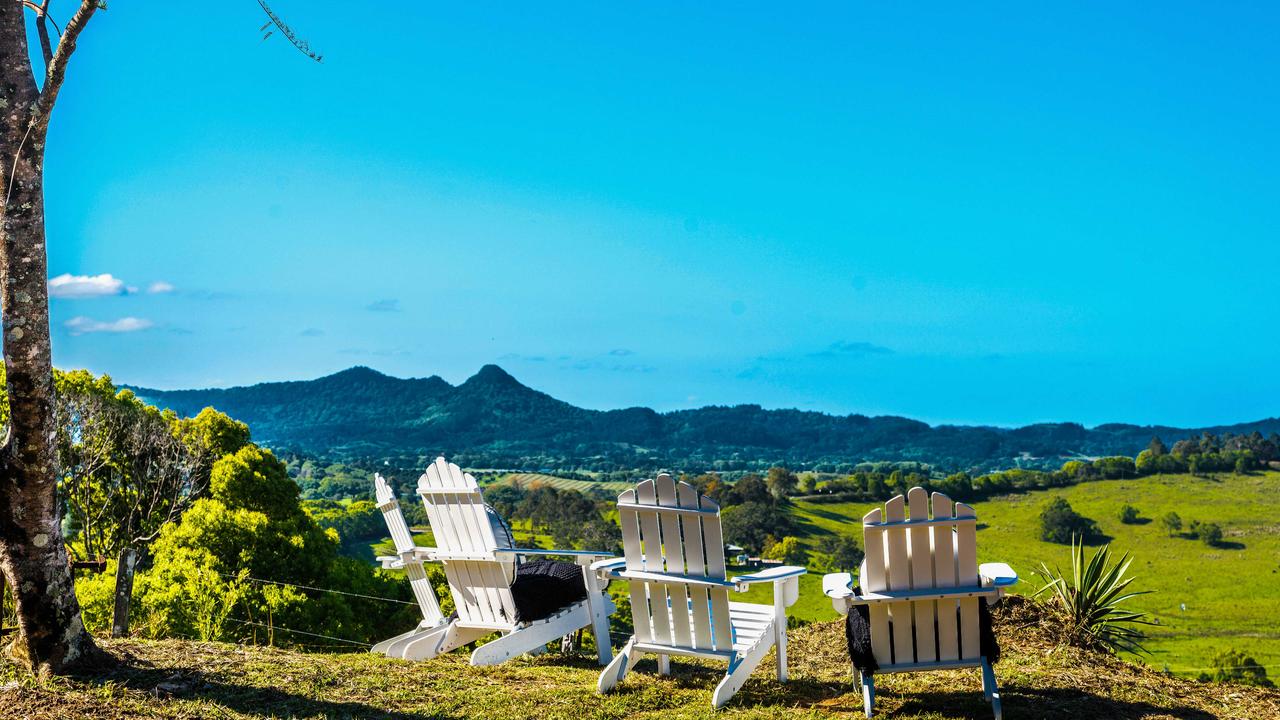
She said she had also received many similar inquiries from wealthy Australians who wanted to escape the cities either during the Easter break or for longer periods of time.
“We’ve even had guests who were booked in to stay in apartments in Sydney contact us to see if they can upgrade to a larger property, because they don’t want to share communal spaces or having to touch lift buttons – it’s on everyone’s mind,” she said.
“Obviously the travel industry has been hit really hard, but it has been surprising to see some people are still willing to pay to have a ‘holiday’ outside of the city so they can self-isolate away from people and still have a nice time with their family, as well as some cases where people are trying to protect everyone by moving their immediate family to a remote location.”
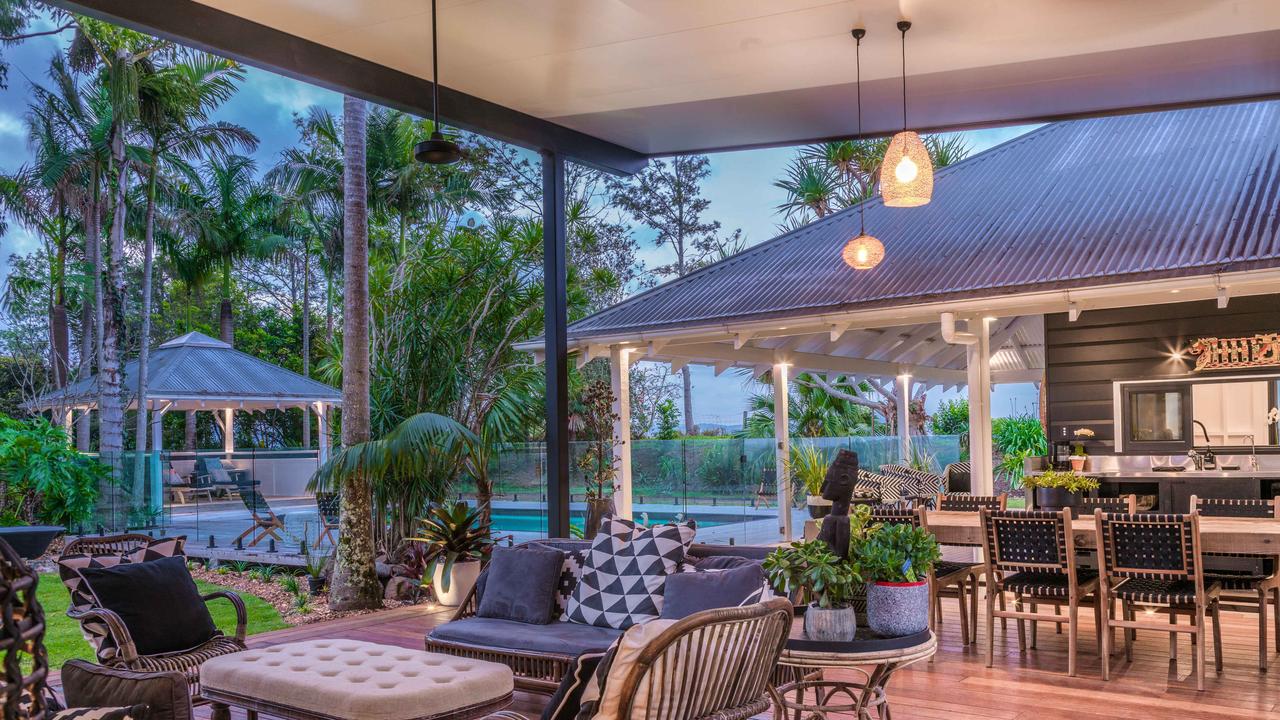
Ms Ormerod said clients had been looking for luxurious properties with lavish amenities such as swimming pools, tennis courts, horse riding facilities, helipads to ensure quick access to medical support if needed and separate accommodation on site for support staff like housekeepers or cooks.
“One of our guests had a $200,000 budget for two months, so $5000 a night was not a deterrent,” she said.
“Some people are thinking, ‘if we have to do this, we’ve got to make the most of it’.”
She said the regions that had been particularly in-demand were the Mornington Peninsula in Victoria, the Hawkesbury and south coast regions of NSW and areas around Byron Bay and the Gold Coast in Queensland.
But unfortunately, the broader travel industry has not fared so well.
Aviation companies especially have taken a massive hit, with around 20,000 Qantas and Jetstar staff stood down amid the crisis.
There has also been a devastating flow-on effect for Australia’s tourist regions – many of which had already been battered by the summer’s brutal bushfires.
Meanwhile, Airbnb has announcing a new initiative to help connect those responding to the COVID-19 pandemic with safe and convenient places to stay while they carry out their critical work.
The company’s goal is to help house 100,000 healthcare professionals, relief workers, and first responders around the world. Airbnb will waive all fees for stays arranged through this initiative.
For more information about the new measure, click here.


